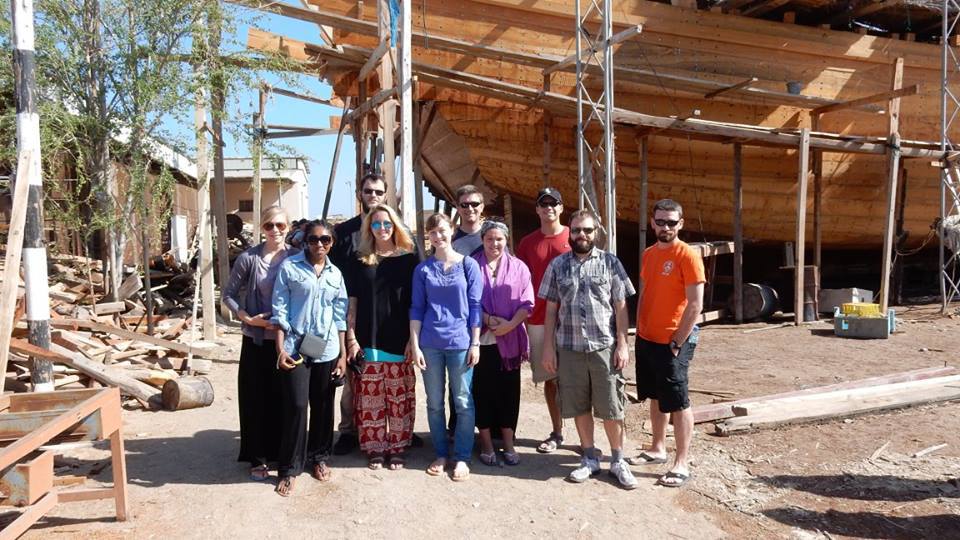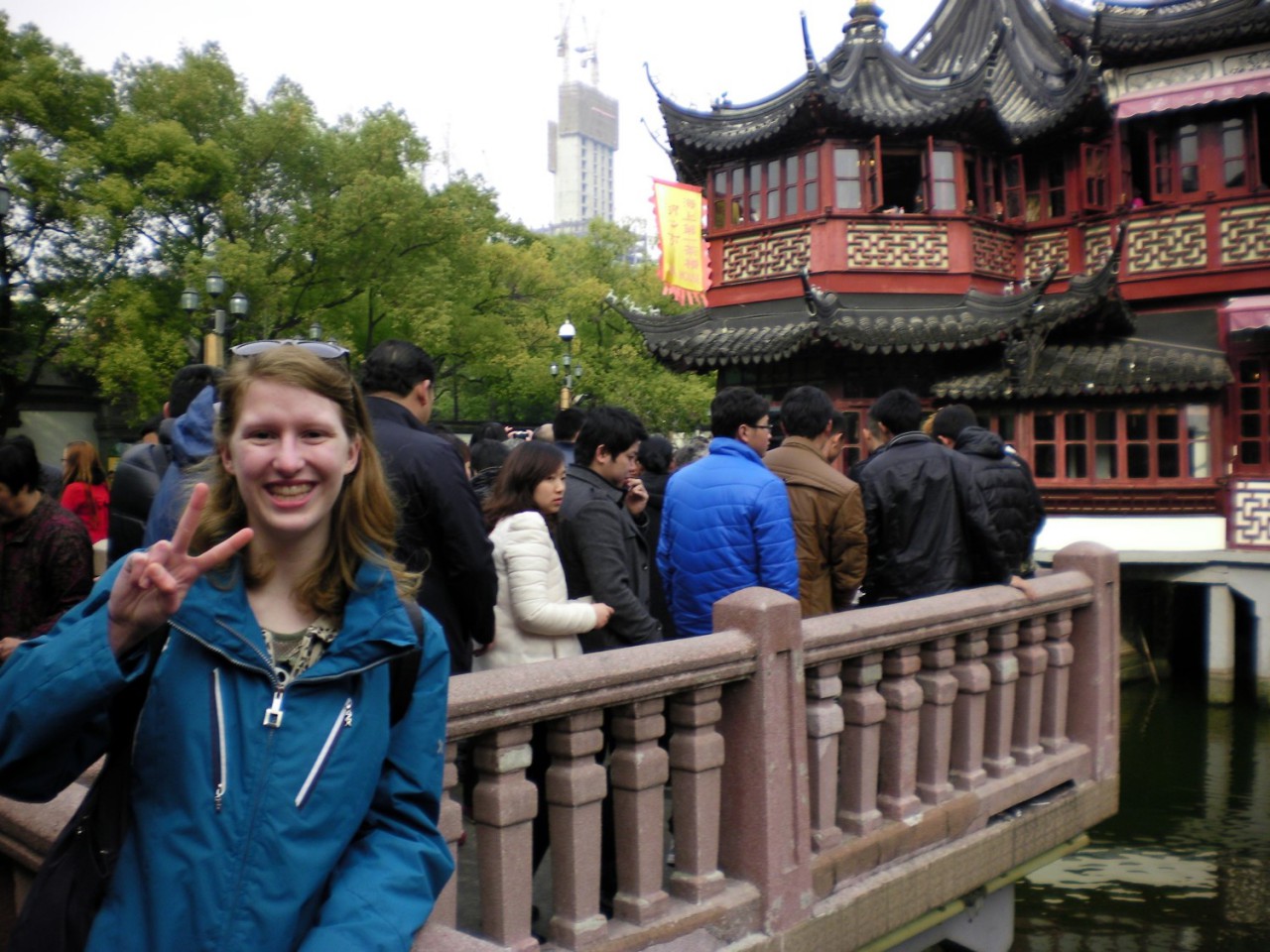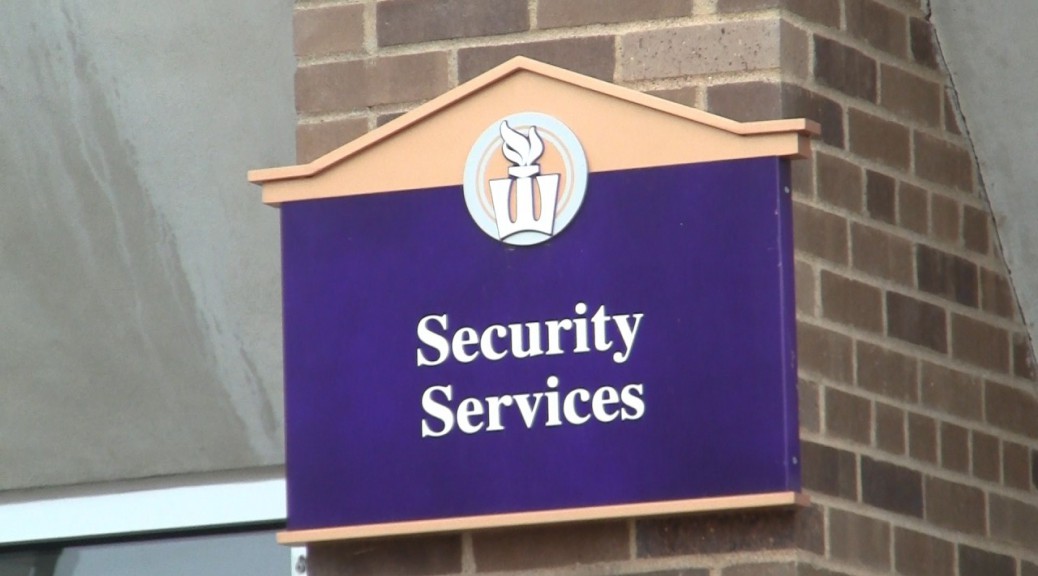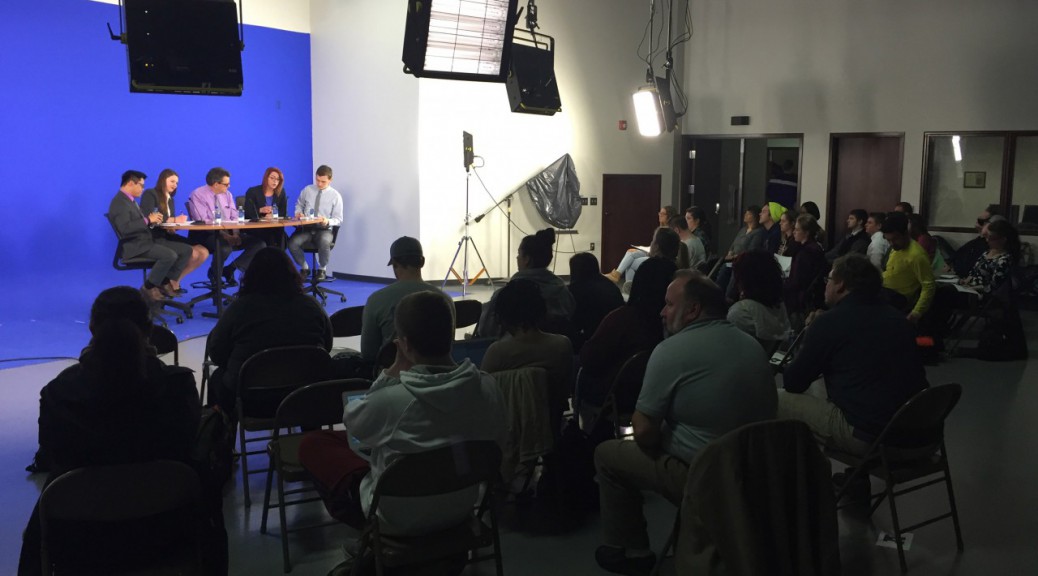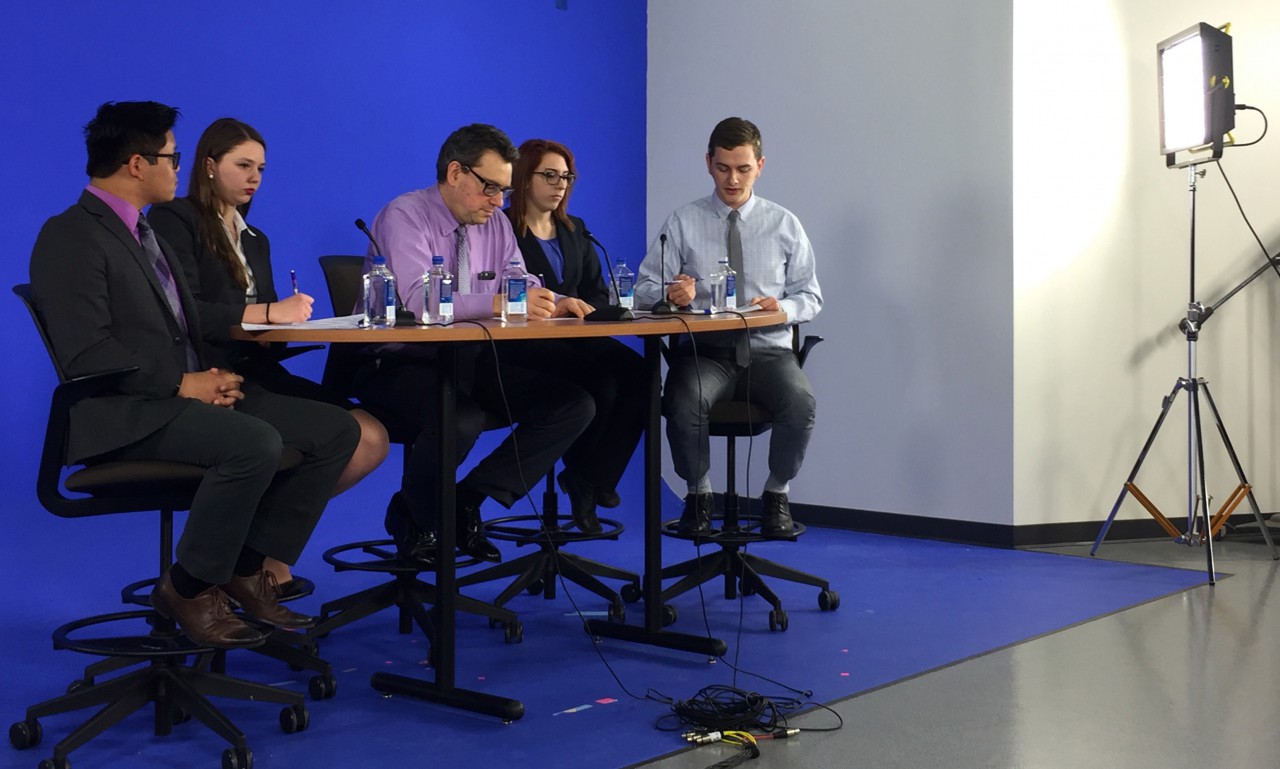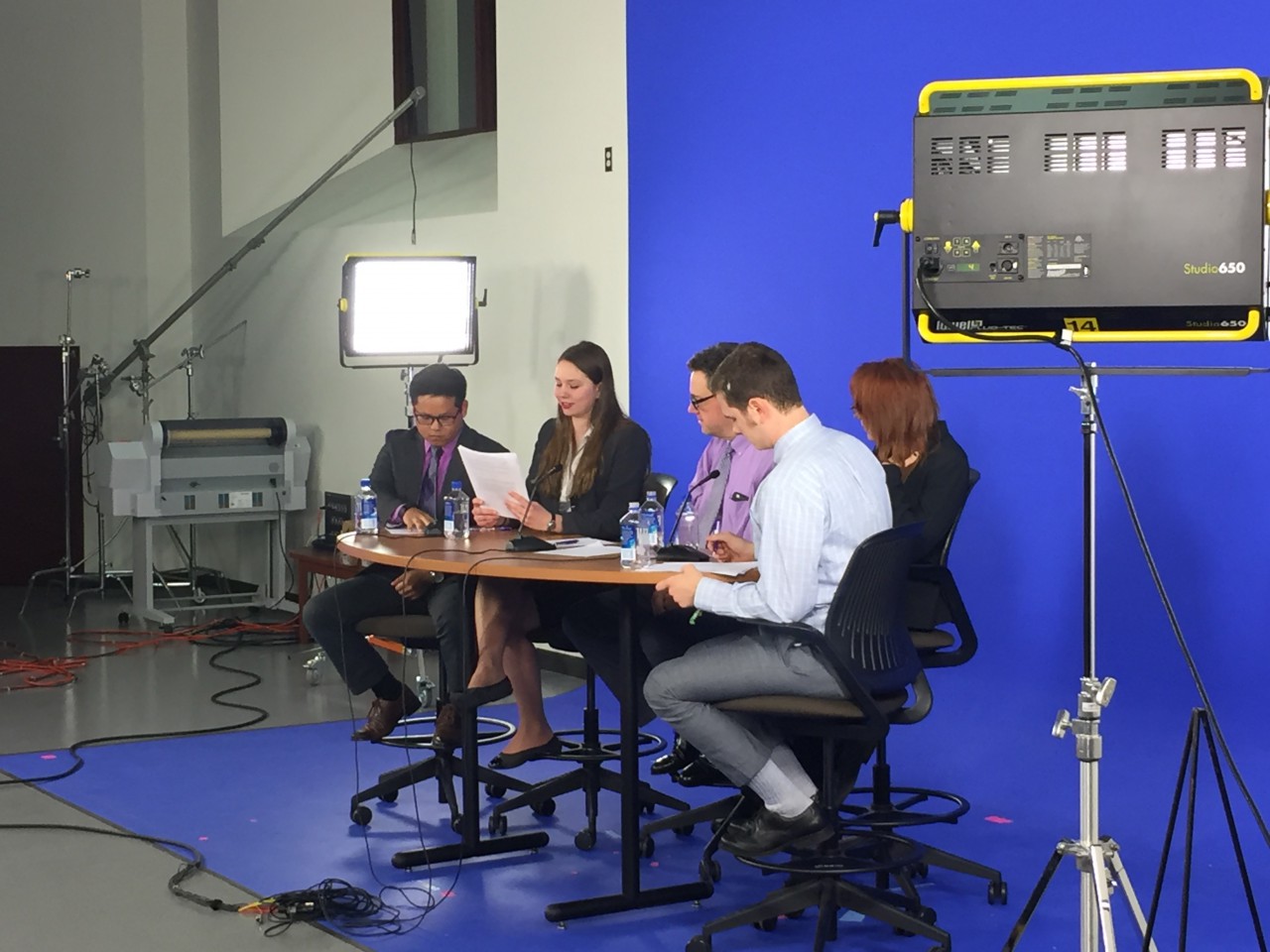Each semester, a select number of students from Winona State embark on an academic journey away from the community of learners they know in order to learn in another culture across the world.
According to publicity materials from the university, the study abroad program at Winona State is open to any student, provided they meet three basic criteria: they are not on disciplinary or academic probation, they have their Warrior Hub account paid in full, and they have a minimum cumulative GPA of 2.5 or higher.
If a student meets these requirements, the next step is for them to meet with a peer advisor. Peer advising was introduced this year as a way to guide students through the programming, application and preparation process with aid from a student who has already studied abroad. Since the peer advising program is relatively new, there is currently only one peer advisor: Kathreen Smith.
Smith is a senior at Winona State triple-majoring in economics, political science and communication studies. She studied abroad in Muscat, Oman, during spring semester 2015 and said she had a great experience. Smith said she believes everyone should study abroad at some point and hopes to help other students accomplish their dream of studying abroad.
Smith said she mainly helps students narrow their program choices, as this is where students often struggle.
“Some people don’t even know how to look for one, they can search through and read it but they don’t know what exactly they’re looking for,” Smith said.
Students first apply for approval from Winona State to study abroad through an online application. For semester study away programs, once a student is approved by WSU, they can apply to the program of their choice at the respective university abroad they wish to attend. Following this application, students wait to hear back from the institution abroad. If they are accepted the preparation for their semester abroad begins.
Cassandra Pearson, a senior global studies major, said although her experience studying abroad in Shanghai, China, two years ago was good, she dealt with frustrations both before and after the trip. The first, she said, was in regards to paperwork.
“I actually got really confused on the process at first because you need like a lot of paperwork to fill out just to apply at the WSU stage to get approved to study abroad,” Pearson said. “You had to have like two letters of recommendation from professors and then you had to fill out a sheet saying what courses you’d think you’d take over there and how they would come back to WSU.”
The second, Pearson said, was due to slow response from her abroad university when she needed to know if she would actually be allowed to go or not.
“It was very frustrating, especially waiting so long for that paperwork and you know not having signed up for housing here, not having signed up for classes and if this fell through I would just have a semester of nothing,” Pearson said
Lastly, Pearson said the school in Shanghai was awful with communication and as a result, she did not receive her transcripts until nearly a year after completing her semester abroad.
“I had a bad situation leaving in the case of getting my grades to come back and so I went through a phase of really regretting it, but overall I’m really glad I went,” Pearson said.
When Pearson traveled abroad, the peer advising program had not yet been put in place, as a result, she experienced greater difficulty getting some of her personal questions answered.
“This program to this school [was] fairly new,” Pearson said. “I think maybe two or three students had gone before me and I knew one of them personally but he wasn’t the most reliable with answering questions.”
In the time since Pearson’s semester abroad, the application process has been moved online entirely and the peer advising program has been put into place. These changes may rectify some of the issues within the current application process.
Despite the potential frustrations, Smith’s advice to those who wish to study abroad is simple.
“Just do it. Make it work,” Smith said, “There’s always a way to make it work. There’s so many different options out there.”
Short video newscast to accompany this article:
Kathreen Smith talks about who has the most safety concerns for students abroad:
Cassandra Pearson talks about a strange experience she had when registering for classes at the start of her semester abroad in Shanghai:
Relevant Links:
WSU Study Abroad Student Resources:http://www.winona.edu/studyabroad/resources.asp
Book an Appointment with a WSU Peer Advisor if you’re considering going abroad:https://my.setmore.com/shortBookingPage/406bc7da-1b59-4cc0-a262-ff8eadba2667
Study Abroad Vs. Travel: Studyhttp://www.winona.edu/studyabroad/about.asp
